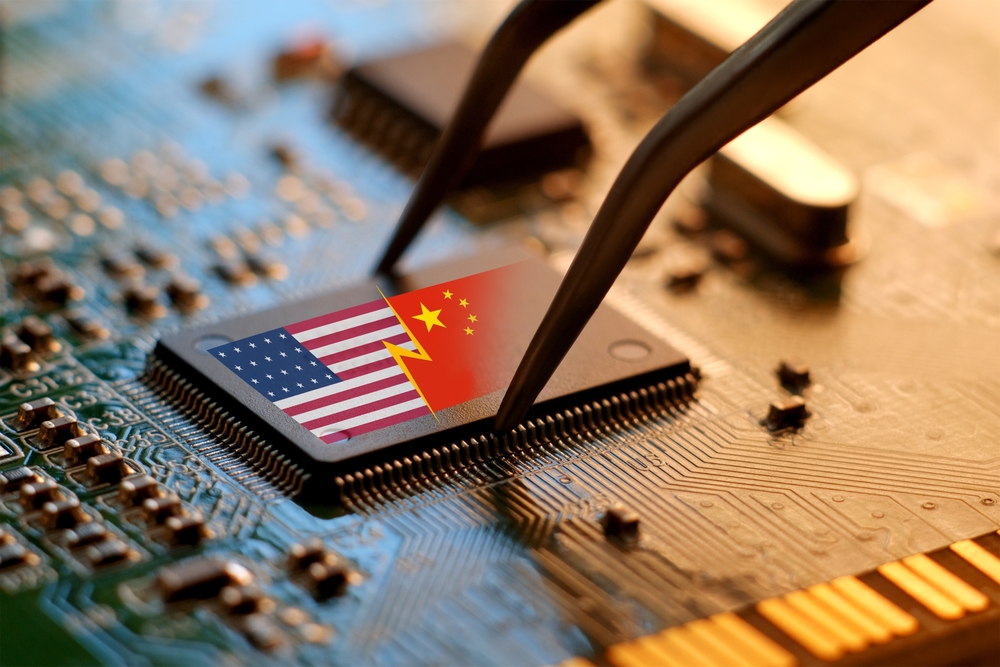The Reagan National Defense Forum saw leaders from across the political spectrum and key stakeholders in the defense community, including Members of Congress, discuss the state of America’s national defense in the context of the global threat environment.
As part of these discussions held on 2 December, the threats and opportunities that AI presents were featured in a number of the agenda items.
The forum, now in its tenth year, had the tagline, “10 Years of Promoting Peace Through Strength.” Air Force Secretary Frank Kendall made it clear that the Air Force and Space Force intend to use AI to increase that military strength.
Kendall said that China and other adversaries are aggressively using AI and that the edge the US currently held was being eroded.
He also said that the negative perception of using AI in autonomous weapons should not be allowed to hamper US defense interests.
“These technologies cannot be stopped,” he said. “It’s being embedded into all of our products, it is being used where it provides a competitive advantage, and the government needs to not get in the way of that.”
Gen. David Allvin spoke about emerging technology at the Reagan National Defense Forum in his first major public event since being sworn in as Chief of Staff of the Air Force. pic.twitter.com/wivb7BVcpr
— U.S. Air Force (@usairforce) December 2, 2023
More export controls coming
High-tech export controls already limit some of the AI tech companies like Nvidia can export to China, but US Commerce Secretary Gina Raimondo says more restrictions are necessary.
In her presentation, Raimondo said, “We cannot let China get these chips. Period. We’re going to deny them our most cutting-edge technology.”
The scale of the export control program was put into perspective when Raimondo bemoaned the fact that her department only had a budget of $200 million for the project.
“I have a $200 million budget. That’s like the cost of a few fighter jets. Come on,” she said. “If we’re serious, let’s go fund this operation like it needs to be funded so we can do what we need to do to protect America.”
Nvidia has tried to circumvent the export controls by designing chips for the Chinese market that technically don’t violate the current legislation. Raimondo criticized the company’s approach and said she would put a stop to it.
“If you redesign a chip around a particular cut line that enables them to do AI, I’m going to control it the very next day,” she said.
Raimondo explained, “We’re a couple of years ahead of China. No way are we gonna let them catch up. We cannot let them catch up. So we’re gonna deny them our most cutting-edge technology.”
CHIPS Act
Bolstering the capabilities of US companies to manufacture high-end AI chips on American soil is also a key objective for Raimondo’s department.
In July the “Creating Helpful Incentives for Producing Semiconductors,” or “CHIPS & Science Act.” was passed. The CHIPS Act authorized $280 billion for technology and R&D over five years, with $39 billion allocated for boosting domestic manufacturing.
US President Theodore Roosevelt once famously said that in global diplomacy it was important to “speak softly and carry a big stick.”
Most of the chips that power America’s big AI stick are made in Taiwan, and that’s precariously close to the country it sees as its biggest rival.
As much as AI has become a disruptor of industries in general, it certainly looks like the defense industry is where the next dramatic leaps will be made.





